How to achieve brand management and change that drives ROI
My passion is to approach brand as the most valuable asset of an organization. In working with board members around the world, I’ve learned what’s of interest to them. It’s not merely the creative aspect of brand, but much more the business administration side of branding that resonates at C-level. Boring? Yes! Getting a mandate to implement brand change. Challenging? Yes! Let me describe the relevance and ways to go about it – for change and for ongoing brand performance.
The most valuable intangible asset
Brands are an organization’s most important intangible asset, and their management is absolutely critical. According to Brand Finance, brands account for 18% of the top 500 global brands’ market-value (2017). Traditionally, brands have been created by agencies, and brand management has been undervalued. Fortunately, that mindset is now shifting, and I’m pleased to have been part of the effort to build awareness about the value of brands over the last 21 years.
Brand Performance Strategy for the C-suite
In our book, we’ve addressed 14 topics that are most common in our conversations around brands with board members. Let’s briefly mention 2 here.
- How Brand Licensing and Brand Valuation Affects the C-Level Debate: When talking with board members, they want to understand how the financial value of brands can be grasped, and how it relates to the necessary investments over time. They do understand brand is their most valuable intangible asset. The conversation is never about the cost and hardly ever about the creative idea, it’s about maximising the impact over time and across scenarios, enabling them to make educated decisions. The concept of brand licensing works brilliantly for this purpose, as it demonstrates the direct connection between impact on turnover, profit and the value of branding.
- Brand Governance and Management Return on Investment (ROI): How brands are being orchestrated over time, has the attention of senior management, much more than the creation of a brand. Branding is moving at a rapid pace. Organisations and consumers expect consistency and coherence. For brand governance, how you organize the branding, this means that re-assessment is needed from simply policing the brand to community thinking, and what this implies for an organization at strategic, tactical and operational level.
Example – Brand governance best practice models – from rigid control to community thinking.
Brand Management and Change Process That Drives ROI
The Brand Life Cycle Model translates our vision of the way you can organize your brand manifestation. Over the years, we’ve developed two proprietary processes that have achieved results for hundreds of organizations around the globe:
- Brand Performance Improvement
- Brand Change Delivery
Brand Life Cycle Model:
A closer look at the overarching Approach for Brand Performance Improvement
The way you organize your brand directly influences the brand manifestation. Our straightforward process facilitates decisions that impact your employees, customers, and prospects. Our process has been derived from our Brand Life Cycle Model. Within the model, brand organization has a central role. It then fans out through Brand Management and Brand Manifestation into Brand Performance across all touch points and channels. Continuous measurement across all dimensions provides the right insight for an optimised Brand Performance with all stakeholder groups.
Brand Performance Improvement process:
In assessing the current and desired situation, what we call the status quo, we use the Brand Performance Scan. We’ve benchmarked brand management at approximately 50 organizations, and created a scoring based on 5 dimensions of brand management – versus the benchmark.
The dimensions are:
- Internal organisation
- Brand strategy
- Brand development
- Brand implementation
- Brand evaluation
With the results of the Brand Performance Scan, an organization obtains the insights and actions to improve brand performance over time, which are then detailed in steps 2 to 4. A very specific insight we’ve obtained is that most brands have data on branding, the problem is they have so much they often don’t know where to start in order to translate that data into insights. This is where the development of a Brand Dashboard delivers a solution – which is step 4 in the Brand Performance Improvement process.
Example – Brand Dashboard
To summarise
Boards regard brand as their most valuable intangible asset and treat it as such. The top concerns of board and C-suite are usually questions about investments and associated spend over time along with risk, timing, and Return On Investment (ROI). Increasingly, they regard brand as one of their most valuable assets and hence start treating it as such.
Where traditionally branding started with an agency, to develop great ideas and design, we see that the value-impact versus spend, and the orchestration and delivery of the asset over time, have become crucial for boards. Brand managers have to find ways to navigate in this space, by speaking the same language and providing the instruments to facilitate the decision-making process. This is where the development of a comprehensive brand dashboard becomes instrumental, as boards understand KPI’s, ROI, facts and figures better than the beautiful creativity that surrounds the branding space, even though this is still important too.
This is where the development of a comprehensive brand dashboard becomes instrumental, as boards understand KPI’s, ROI, facts and figures better than the beautiful creativity that surrounds the branding space, even though this is still important too.
To find out more on brand performance, join Dr Dave Chaffey and Marc Cloostermann of VIM Group for their FREE webinar ‘Future proof your brand’ on November 1st.
During the webinar you will learn:
- Which are the 4 main technology trends influence branding
- How these trends impact branding and brand management, and beyond
- What topics are board-room issues on brand management today
- About the data-driven insights from Brand Performance Scan and how this can be deployed in your daily practice
- About the shift from managing brands by policing, to community-orchestration
You can sign up for the webinar here.
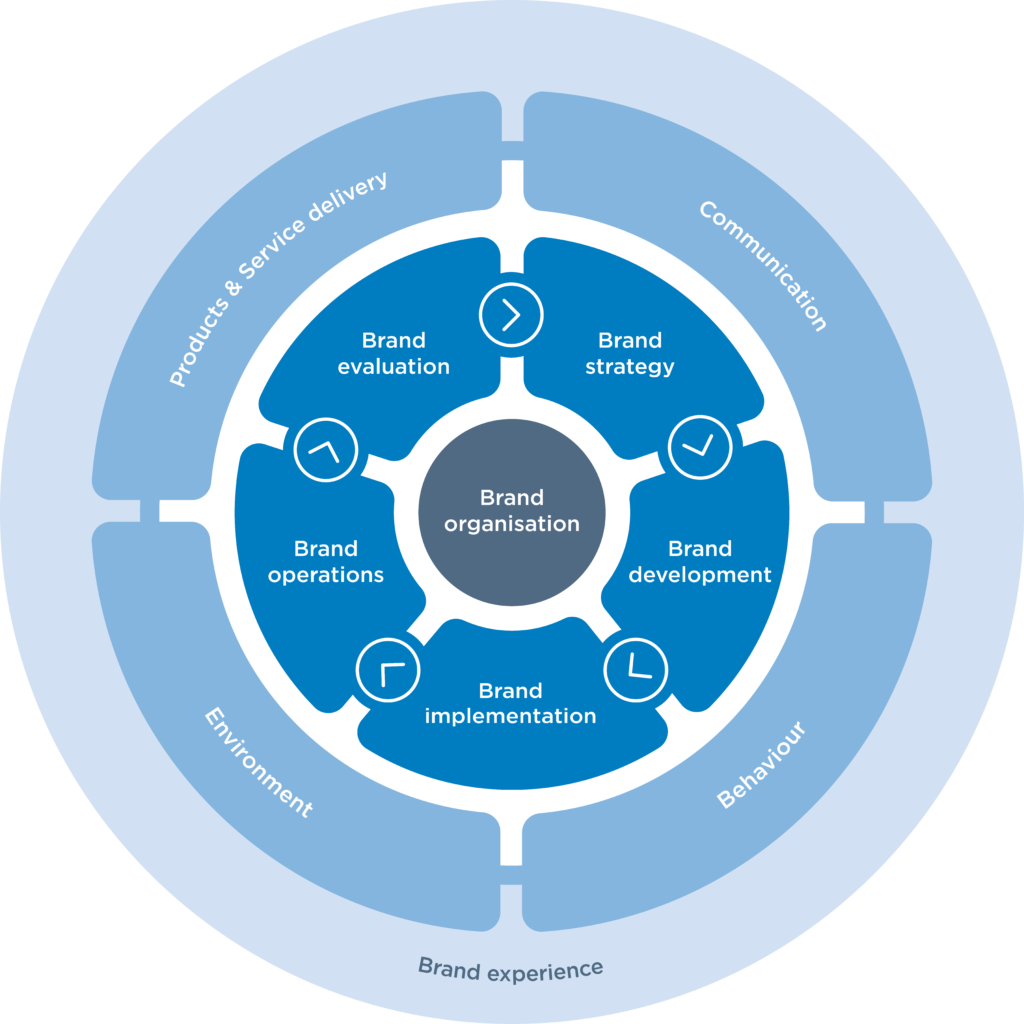
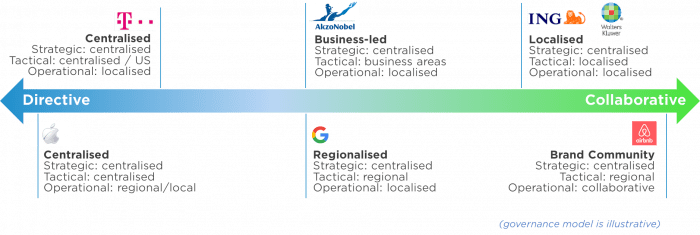
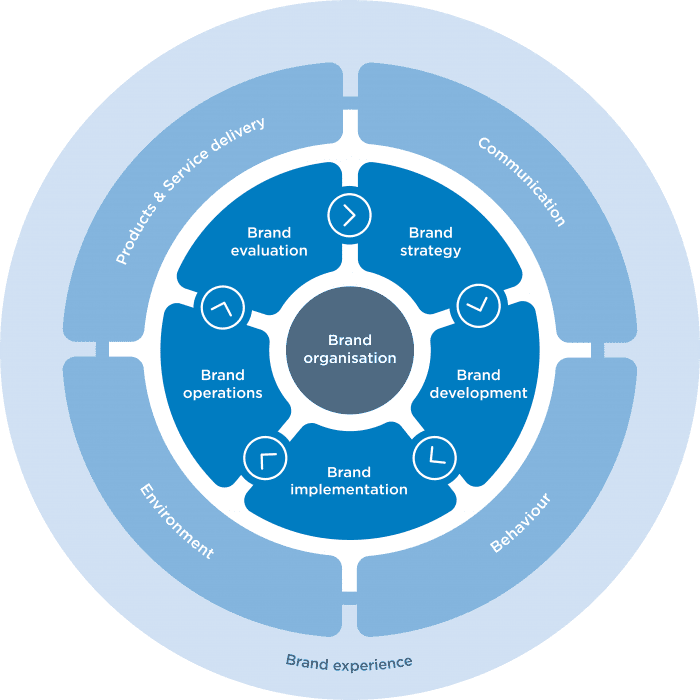

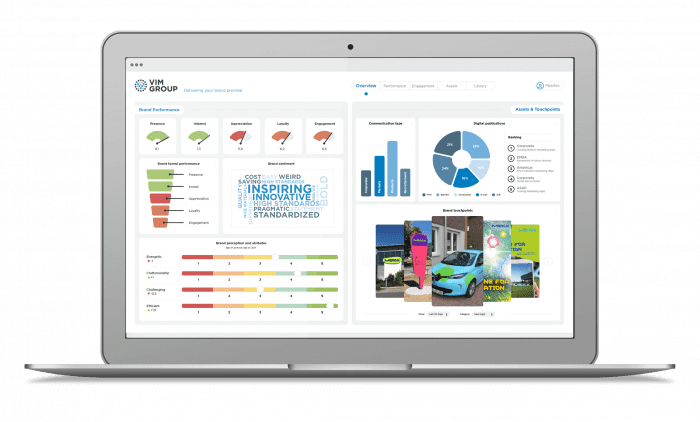
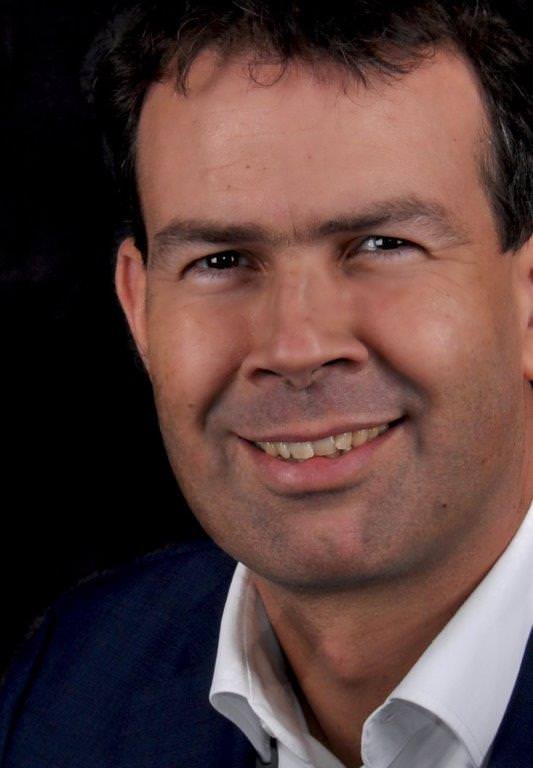 Thanks to Marc Cloosterman for sharing their advice and opinion in this post. Marc is CEO of
Thanks to Marc Cloosterman for sharing their advice and opinion in this post. Marc is CEO of